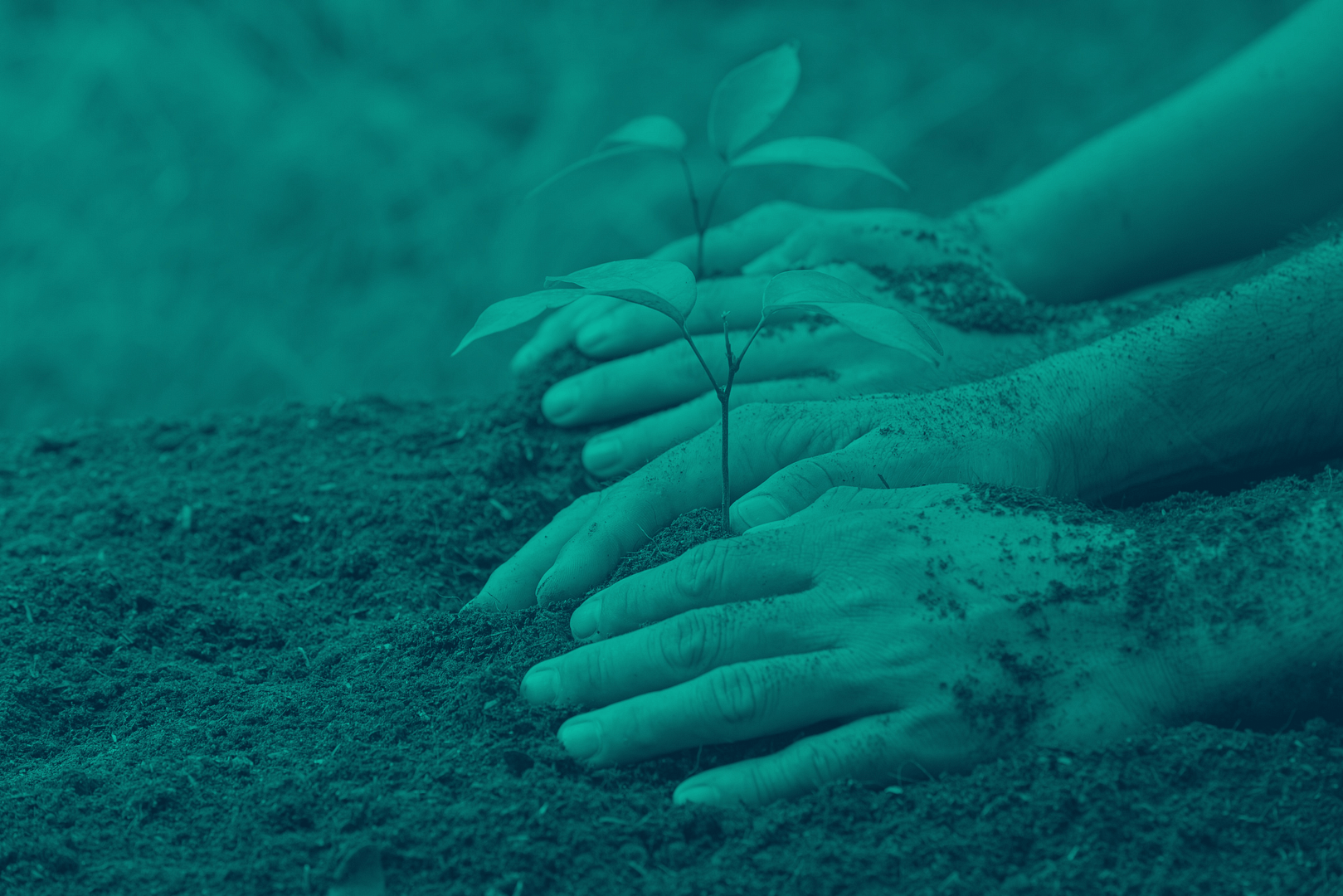Details from the Scottish Gambling Education Network meeting on 26 May
May 25, 2022
The second network webinar of 2022 was on 26 May, and focused on the links between gambling, gaming, and disability.
This was Fran Howard’s debut as our Project Manager – thanks to so many of you for turning out and making it a success.
Rosemary McKenzie & Anne MacLeod (Department for Work and Pensions)
Rosemary and Anne explained the role of Disability Employment Advisers in supporting people with disabilities to get into, or stay in, good quality work. They highlighted the fact that 83% of people acquire a disability while already in work.
They also shared the case study of ‘Jane’. Jane was experiencing harmful gaming behaviours which acted as a barrier to work. Her history with addiction left her with significant dental decay, which she also felt stigmatised by.
Chris Gilham (Expert by lived experience; All Bets Are Off Podcast; Gambling Education Network)
Chris shared his experience of harmful gambling, harmful alcohol use, and ADHD (Attention Deficit Hyperactivity Disorder). Chris described starting to gamble after seeing gambling ads and participating in work sweepstakes and the National Lottery. After starting with sports betting, his gambling expanded quickly after he received industry ‘cross-promotion’ of other products.
Even when first starting to gamble, Chris didn’t enjoy gambling – he did it to escape and focus his brain.
Dr Caroline Norrie (Kings College London)
Caroline explored two studies she and her colleagues conducted on gambling harm in adults with health and social care needs. She highlighted links between gambling harm and a range of other conditions, such as:
-
- Mental health problems
- Learning difficulties
- Experience of trauma
- Cognitive impairments
She also shared her experience of developing a question for frontline social care workers to add to their assessments, to identify people who might be experiencing gambling harm.
Charlotte Robb (RCA Trust)
Charlotte shared how the RCA Trust approach support and treatment for harmful gambling and gaming treatment. She also described two case studies of people who have used the service who were diagnosed with Autism Spectrum Disorder (ASD).
For ‘Robert’, gambling on scratch cards escalated quickly and was leading to problems with mental health, money, and relationships. However, once he was able to reduce his gambling, his mental health and experience of psychotic episodes reduced. Concerningly, social care workers had known about his gambling, but hadn’t considered it to be ‘an issue’.

